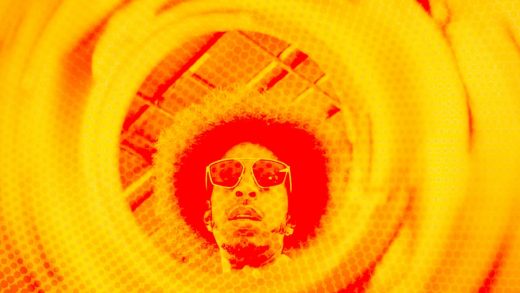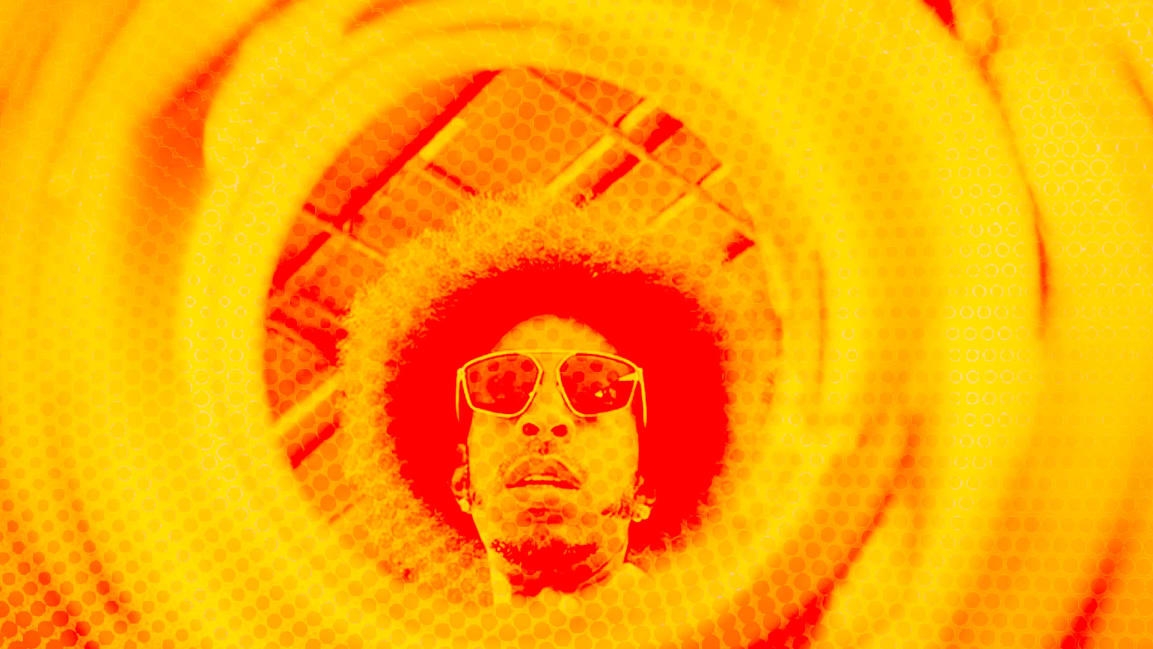The 5 best ads of 2021—and the worst ad of the year
Well, here we are at the end of the year. That means it’s time for another Best Of list, wrapping up 12 months of advertising and marketing into a snappy little package. Now, when we say “ads,” we’re not just talking about commercials. In fact, just one of our top five could even be categorized as such, reflecting just how creatively far brand work has advanced in order to keep up with our media consumption, culture, and fixation. Obviously, there were many more than five amazing ads this year, but these were the handful that grabbed our attention in fun and unexpected ways—along with the one ad we really could have done without and wish we could just unsee.
Heinz: “Draw Ketchup”
Close your eyes and picture this: ketchup. What do you see? Is it a Heinz bottle or logo? That was the premise of one of the most earnestly fun brand initiatives of the year, the “Draw Ketchup” campaign for Heinz by agency Rethink Canada. The brand asked people to do just that—Draw ketchup—and it turns out, a whole lot of people scribbled up some serious brand awareness.
Wendy’s: “Super Wendy’s World”
Back in 2019, Wendy’s dropped its namesake character into Fortnite to destroy all the freezers in a special “Food Fight” edition of Epic’s hit Battle Royale game. Over the past year, the brand took things up a few notches to redefine what it means to play with your food—and set a new standard for how brands get involved in gaming.
“Super Wendy’s World” was a campaign that worked over the course of the year to infiltrate a variety of popular video games and stream it all on the brand’s Twitch channel. Wendy was in Minecraft smashing ice blocks. In Animal Crossing, she sold freezers to the lowest bidders. She was in Street Fighter, Super Mario Maker 2, and Super Smash Brothers. Overall, gamers spent more than 9.8 million minutes exploring the Wendy’s video-game universe. Wendy’s became the first verified restaurant on Twitch and ranked in the top 1% of all streamers on the platform.
Kiyan Prince Foundation: “Long Live The Prince”
Kiyan Prince was arguably the brightest young soccer prospect in England before he was stabbed to death 15 years ago. The Kiyan Prince Foundation (KPF) is a nonprofit that’s been campaigning against knife crime and for better support systems to prevent it.
The foundation partnered with EA Sports to make “Long Live the Prince,” which brought Kiyan back to life within EA Sports’ FIFA 21 video game, allowing players to select Prince for their teams or play him as a member of his childhood club, Queens Park Rangers. Players could also access contact information for the foundation and learn more about its services from within the game. The campaign got worldwide media attention, raising significant awareness for an organization fighting to make sure what happened to Kiyan doesn’t happen to more kids.
Jif Peanut Butter: “#JifRapChallenge”
The brand found a way to drop into the cultural discourse by getting Ludacris to update his rapping style and sound more mumble modern with the help of . . . a spoonful of peanut butter. Ludacris then issued the #JifRapChallenge on TikTok, giving users a chance to rhyme with Luda himself in a TikTok duet. TikTokers created their own challenge videos, which collected more than 7 billion views.
Visit Iceland: “Icelandverse”
Back in October, when Facebook rebranded itself as Meta, part of that announcement was a long, infomercial-like fever dream peek inside the mind of Mark Zuckerberg. Within a week, as the news cycle was still spinning around the implications around Meta, Visit Iceland dropped one of the funniest, timeliest spoofs of the year. This was a pitch-perfect spot, set in a perfectly natural environment, that illustrated the power of keeping up with culture, but in a way that isn’t super weird or borderline creepy.
Which brings us to our pick for the worst ad of 2021. . . .
Facebook: “Introducing Meta”
Back to Meta: The Facebook founder and CEO presented a six-minute walk-through of why the company was rebranding itself and its overall agenda. The new name? Meta. The new agenda? The metaverse. The vibe? An episode of Black Mirror crossed with a seemingly unending Magic Bullet infomercial.
The presentation was awkward enough, but perhaps most confounding was why the company “agreed” to have Zuckerberg–arguably its most controversial figure–be its new mascot. As VCU Brandcenter executive director Vann Graves told me at the time, “You’re changing the name, not the perception, if he’s still at the head of it.”
And—surprise, surprise—brand trust in the company actually fell after the name change. According to the Harris Brand Platform, as Facebook announced its rebrand to Meta, its trustworthy score dipped to 6.2%. Can’t imagine the video had anything to do with that.
Same problems, different name.
Fast Company , Read Full Story
(100)



